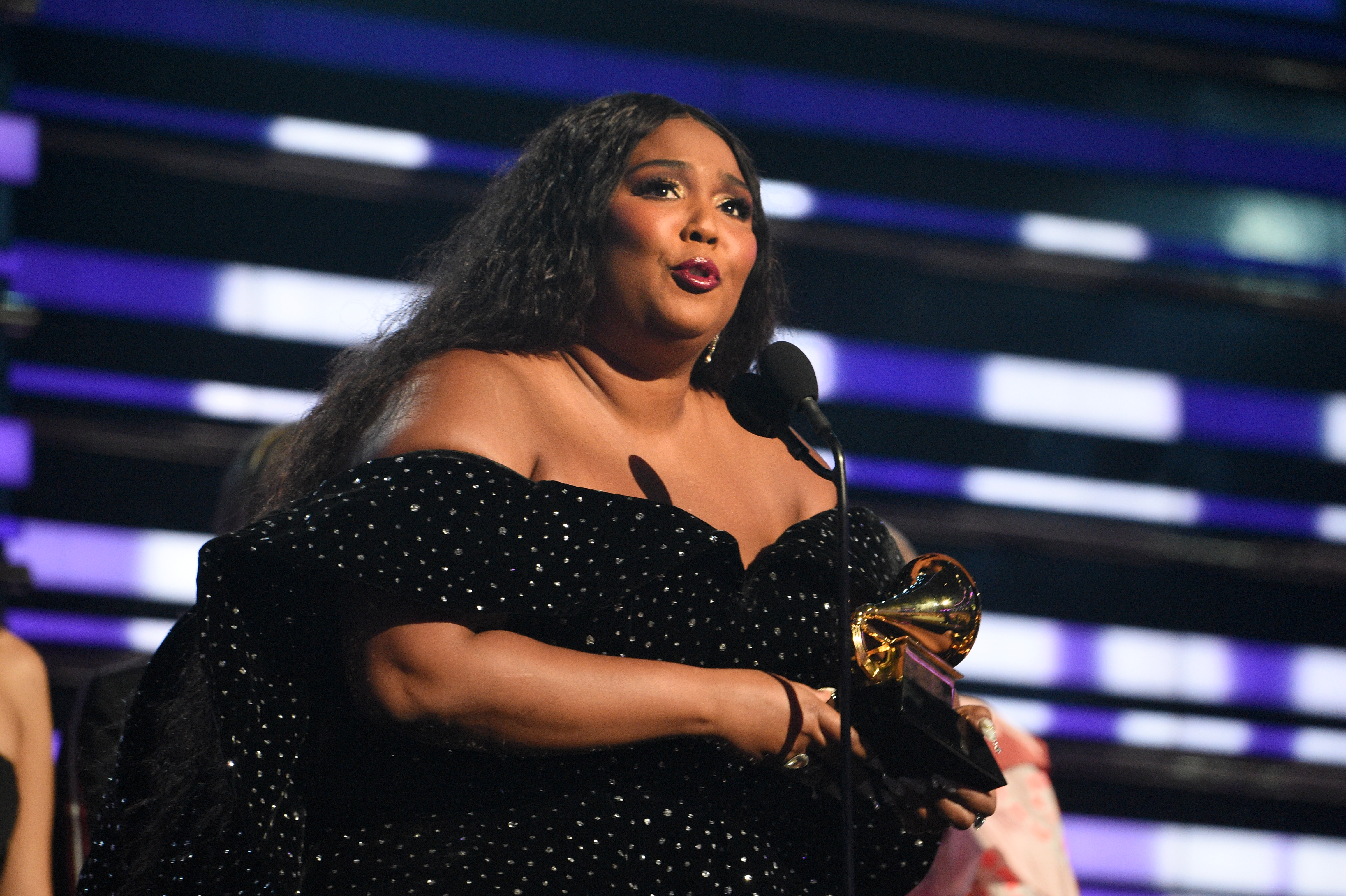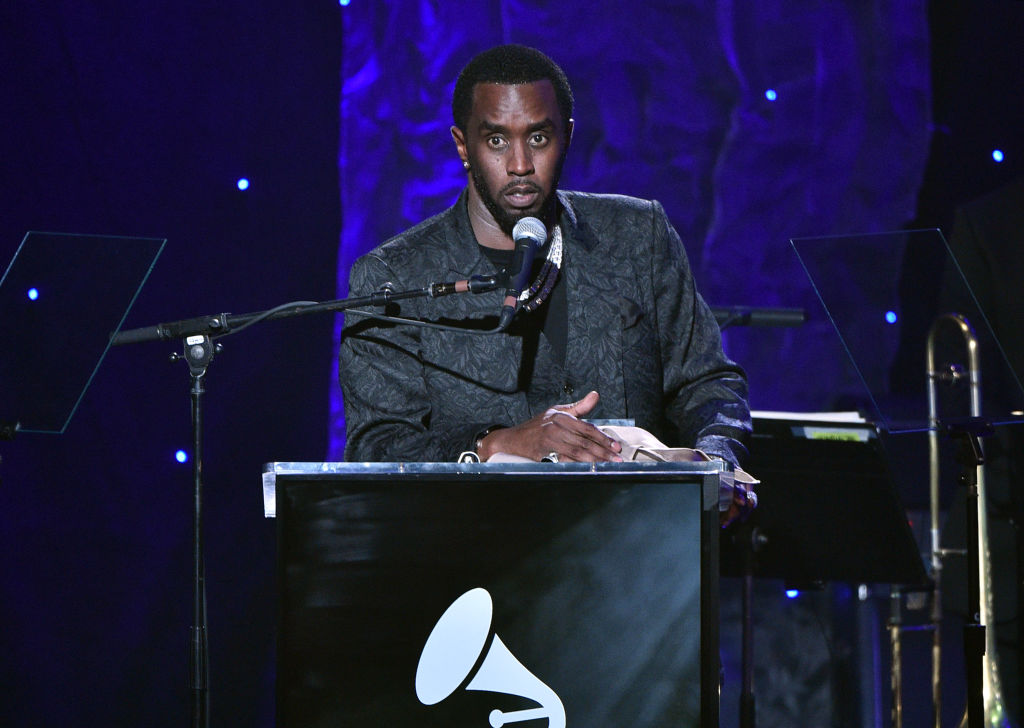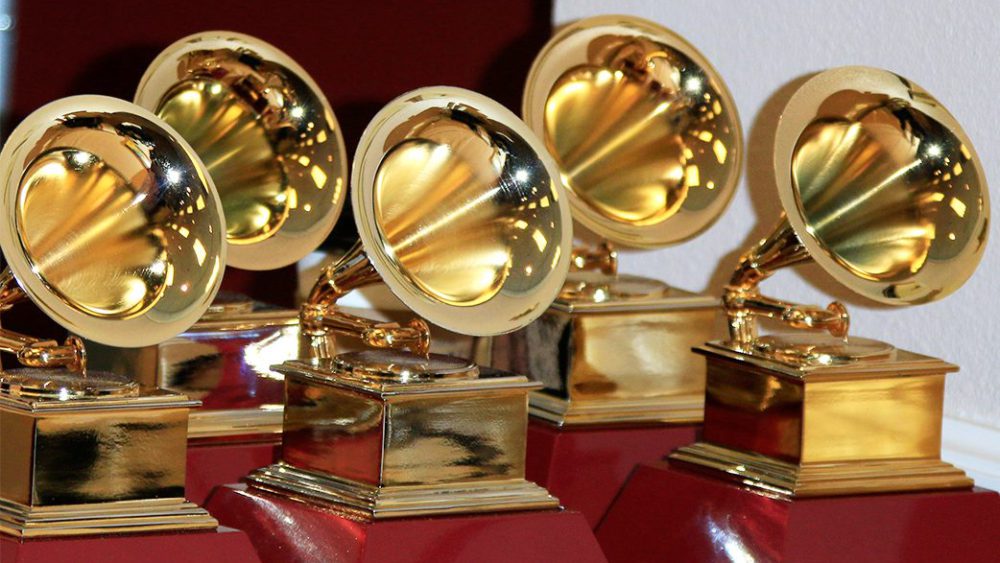The Grammy Awards have historically faced plenty of criticism over their lack of diversity, and despite their efforts to rectify that, a recent controversy is proof that they still have a long way to go. As Rolling Stone reports, after three white artists nominated in the Best Children’s Album category removed their names from consideration to protest the fact that the nominees in the category were all white and make room for some BIPOC artists to take their place, the Recording Academy has said it won’t nominate anyone else to replace them — meaning the award will go to one of the remaining two white nominees.
Three acts in the category — The Okee Dokee Brothers, Alastair Moock and Dog on Fleas — sent a letter to the Academy informing them that they could not “in good conscience benefit from a process that has — both this year and historically — so overlooked women, performers of color, and most especially black performers.”
“These numbers would be disappointing in any category,” they wrote. “But — in a genre whose performers are uniquely tasked with modeling fairness, kindness, and inclusion; in a country where more than half of all children are non-white; and after a year of national reckoning around race and gender — the numbers are unacceptable.”
The lack of non-white nominees in this year’s Best Children’s Album category is reflective of a broader issue, and the category has long had a problem with diversity. Less than 10% of nominated acts in its history have been led or co-led by people of color. Aaron Nigel Smith, a longtime children’s music artist, told the publication it’s part of an industry-wide problem.
“There are all these lists that will come out each year with the top 10 or 20 children’s artists, and I’ve never been included in any of those,” he says. “It’s clear that there’s a wall there that aligns with systems of oppression we’ve built in this country. It’s important that there are more members of color in the Academy and more children’s musicians of color that are being acknowledged. We’re out there. We’re just not given a platform.”
Thanks for reading InsideHook. Sign up for our daily newsletter and be in the know.

















